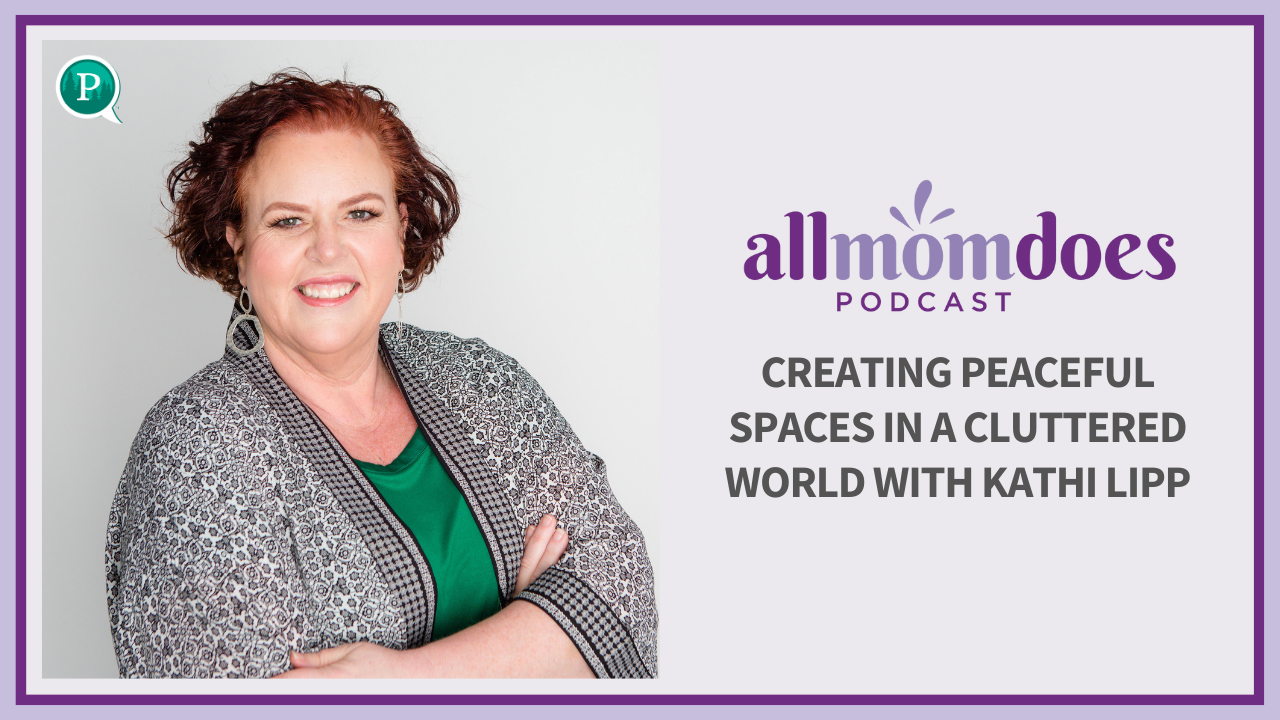“Mama, I just saw a black car with white words painted on it. It said ‘Black Lives Matter.’”
And just like that, a conversation began with my youngest. We talked as I drove, and I tried to choose explanations that she would understand about our country’s history, inequity, and the racial divide.
She asked questions, I answered them. She pondered things for a minute. And then she continued: “Mama, I’m so glad we have white skin. It’s better for us.”
Are you cringing yet? Because at that moment I sure was. I rewound the entire convo in my head to figure out where I went so very wrong that THAT was the message she took away from my words.
Friends, I didn’t want to continue. These conversations are cringe-worthy. They’re hard. We’re going to get things wrong, and our kids are going to hear things we didn’t mean.
But that’s just the thing. Kids are going to internalize things whether we talk to them or not, and we’ll never know exactly what they’re thinking if we don’t have overt conversations. They speak so honestly and clearly and – here’s the most important thing – are so incredibly teachable.
Mama, these conversations are hard. They are uncomfortable.
For us.
For kids and their honest, open hearts, they are just conversations with mom. Yes, we’ll get things wrong. Yes, we’ll have to examine our own hearts. Yes, we’ll be uncomfortable.
And yes, we’ll have to have them over and over again.
The day after this conversation, my baby looked in the mirror and examined herself. “Mama, I really like my white skin.” And just like that, I was catapulted back to the previous afternoon. Was she saying this because she thought it was beautiful, based on our talk about how all colors of skin were beautiful? Or was she back to her view that she likes her white skin because “it’s better for us?”
And in that moment I realized just how much of my perception of the conversation was colored by current events, social issues, and (quite honestly) fear of being politically incorrect. I realized I could just ask her what she meant. And thus we continued the conversation.
“Mama, whoever made the rule that black people aren’t as good was probably a white person. They shouldn’t have done that. It’s not a good rule.”
It’s not a rule anymore, honey. Everyone is supposed to be the same, but people treat black people different sometimes and it’s not okay.
“Mama, why did God make different skin colors? Wouldn’t it be easier if there was only one?”
Put your arm up next to mine, honey. We’re both white but mine is more yellow and yours is more pink. Everyone is different – wouldn’t it be boring if everyone was the same? What if people thought you were scary just because your hair is red? How would that make you feel?
“Mama,…”
The questions keep coming. And though many of them remain uncomfortable, it becomes easier the more we do it.
We need to stop avoiding the topic of racial inequity because we’re afraid we’ll do something wrong, make the situation worse, or put ideas in our children’s heads that weren’t there before. Because they’re there already – it’s just that since we don’t talk about them and we never hear them verbalized by our children, we don’t know it. Babies begin to show implicit bias, associating trust with individuals that are the same race as their caregiver as early as three months. It makes sense why it happens – after all, babies gravitate toward the familiar – but it takes intention for this bias to be undone.
Mama, have conversations with your kids on the regular. Don’t freak out when they say something shocking. Ask questions. Learn what they’re thinking. Dismantle incorrect assumptions. Let them ask questions. Admit what you don’t know. Affirm that some things are confusing. Commit to learning together.
But don’t avoid the conversation. Yes, you will get things wrong. But failing to talk about it is worse.

















